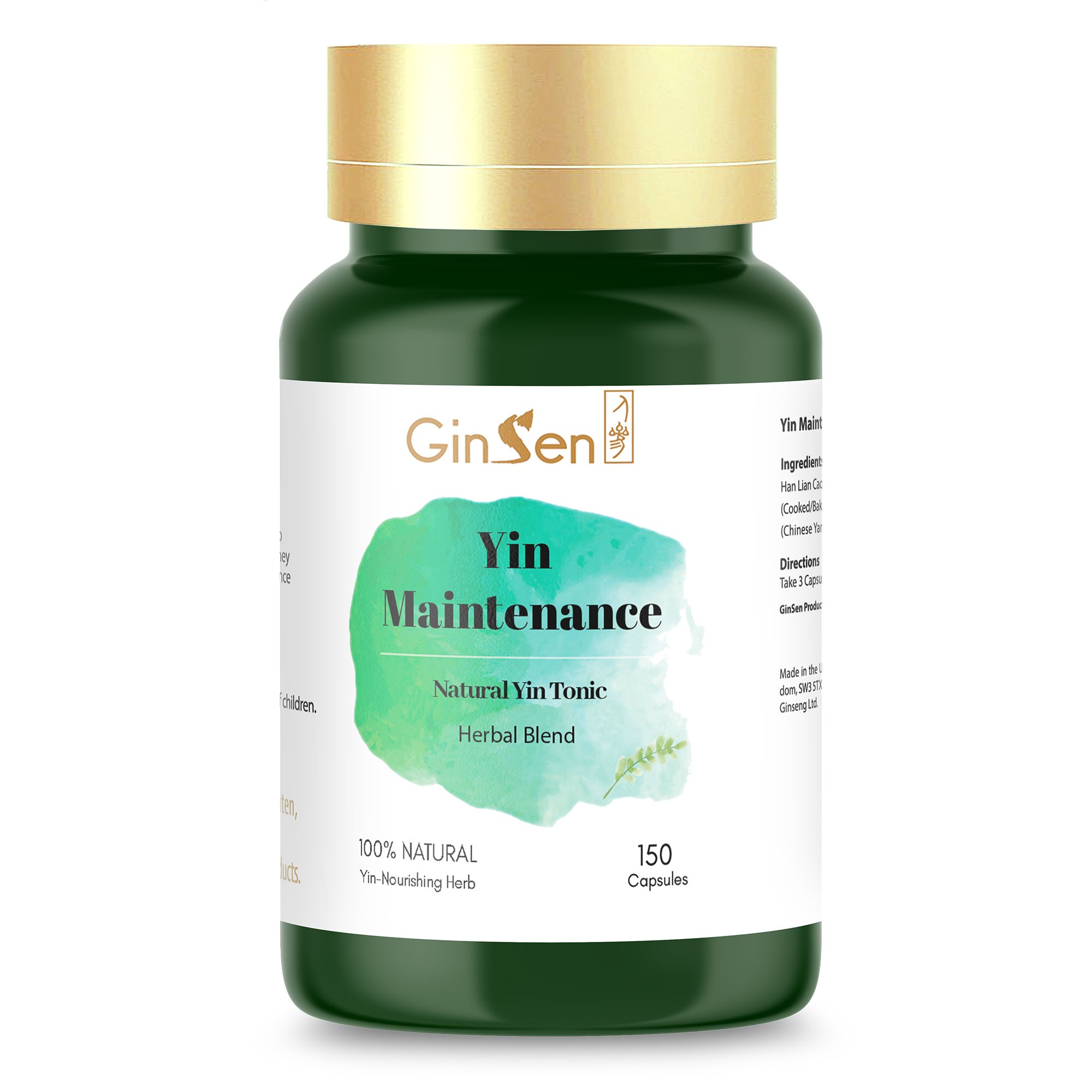
Does The Summer Heat Affect Hormones?
Do you ever find your mood or emotions shift during the summer months? As if your usual calm disposition becomes a little fierier. It’s not your imagination. According to Chinese Medicine, each season carries its own unique energy, influencing not only the natural world but also the intricate balance of energies within the human body.
Some people might find that the changing hormones in the heat bring out their inner sunshine, while others might become grumpier and more irritable.

In traditional Chinese medicine (TCM), hot and cold are critical to understanding the body. Like Yin and Yang, these two sensations must be perfectly balanced for the body to work harmoniously.
Too much cold is associated with an excess of Yin energy. Symptoms include cold hand and feet, menstrual cramps, and abdominal pain. On the other hand, hot patterns are caused by excess Yang energy. Hormones in the summer tend to spike, resulting in symptoms like anxiety, irritability, insomnia, and palpitations.
What hormonal changes can we expect in summer? How does the body react to the heat? Here’s the evidence:
Let's explore
what to expect from hormonal changes in the summer,
from the cortisol response to the influence on reproductive hormones, why they occur, and what you can do about fluctuations of hormones in the heat.
6 Hormonal Changes in Summer: How Does Heat Affect Hormone Levels?
Chronic stress keeps the cortisol switch flipped on. The result? Suppression of the immune system and healthy functioning. Hot weather also causes excess Yang, which triggers the release of stress hormones, such as cortisol. A 2018 study found that cortisol levels are much higher in the summer compared to the winter.
Another paper argued that stress, heat, and the immune system are all linked. As heat rose – caused by exercise – cortisol levels began to rise, leading to immune cell recruitment. The higher the heat, the more our immune system stands ready. It makes sense – bugs and bacteria thrive in warm environments.
Additionally, elevated cortisol levels can disrupt the balance of other hormones in the body, such as reproductive hormones and thyroid hormones, contributing to hormonal imbalances.
Yin deficiency can affect hormone levels by disrupting the balance of Yin and Yang energies and worsening the symptoms of hormonal imbalance. For example, Yin deficiency can worsen menopausal symptoms such as hot flashes, night sweats, and insomnia. Additionally, Yin deficiency can affect reproductive hormone levels, leading to irregular menstrual cycles, decreased libido, and fertility issues.

Overall, the heat and excess Yang energy of the summer season can contribute to Yin deficiency, which in turn can impact hormone levels and exacerbate symptoms of hormonal imbalance.
This affects the function of endocrine organs like the thyroid gland, leading to either an overproduction (hyperthyroidism) or underproduction (hypothyroidism) of hormones.
A 2021 meta-analysis revealed that thyroid hormones exhibit seasonal dynamics. The level of circulating T3 (the most active hormone) was significantly lower in the summer months. There were also significant increases in free thyroxine (T4) levels in men during the summer. Low T3 levels may lead to a slight decrease in metabolic rate to lower the body’s core temperature. People may also feel fatigue, lethargy, reduced stamina, irritability, anxiety, and depression.
Summer heat can accumulate in the form of heat toxins. Heat toxins obstruct the flow of Qi and blood, leading to inflammation and dysfunction in the thyroid gland.
The kidneys are also involved. Heat consumes Yin energy, causing a Kidney Yin deficiency. Together, this is usually essential for nourishing the Blood and regulating the menstrual cycle. However, the deficiency causes scanty menstrual flow, hot flashes, dryness, and night sweats.
Finally, a similar reaction leads to a Qi deficiency in the spleen. The spleen is responsible for transforming and transporting bodily fluids. When deficient, it causes fatigue, bloating, and irregular menstruation.
Several studies have noted a link between weather and menstrual cycle length. Women in tropical climates, for example, appeared to have longer menstrual cycles, which were affected by seasonal change. Another study found that vitamin D levels (a correlate of sun exposure) determined the length of the overall menstrual cycle.


How Can Chinese Medicine Help Keep Hormones Balanced in Heat?
Acupuncture
Acupuncture involves inserting fine needles in specific points in the body to control the flow of Qi. The practice is known to facilitate correct blood circulation and regulate body temperature.
However, it’s most impressive result is in hormonal regulation. Acupuncture can correct hormonal changes in the summer. For example, a review found that acupuncture regulated the levels of sex hormones, such as estrogen, progesterone, and prolactin, in women.
In another review, acupuncture was found to be highly effective at combating insomnia. The treatment is suitable for many of the complications caused by hormones in the heat.

Recommended Supplement
Yin Maintenance
Yin Maintenance by GinSen are multipurpose herbal food supplements. Yin Maintenance provides moisture and cooling effects on the body, along with eliminating toxic body heat.

Recommended Diet and Lifestyle Changes
You can also make some TCM-backed lifestyle changes, such as:
- Hydration: Drink ample water and consume hydrating foods like watermelon and cucumber to balance excess heat and support fluid balance, which is crucial for maintaining harmony between Yin and Yang energies.
- Cooling Foods: Include cooling foods such as mint, mung beans, and leafy greens to clear heat from the body and promote balance between Yin and Yang energies, aiding in the prevention of overheating and associated imbalances.
- Avoid Spicy Foods: Limit spicy and hot foods like garlic and ginger, which can exacerbate heat-related symptoms and disrupt Qi flow, leading to further imbalance and discomfort.
- Stress Management: Practice stress-reducing activities like qigong, meditation, or tai chi to regulate cortisol levels and promote harmony within the body’s energy systems, which is essential for mitigating the effects of stress-induced heat accumulation.
For more information about how Chinese Medicine can help you balance hormones in the summer, book your free consultation with our Chinese Medicine experts today
* These statements have not been evaluated by the Food and Drug Administration. This information is not intended to diagnose, treat, cure, or prevent any disease. We can’t guarantee the treatment result, as the symptoms of conditions are unpredictable and vary greatly from person to person. The treatment length and recovery time also varies for individual. Please visit our clinics website: GinSen where a specialists will discuss your care and provide a consultation, and the treatment will be designed to meet your individual needs.






